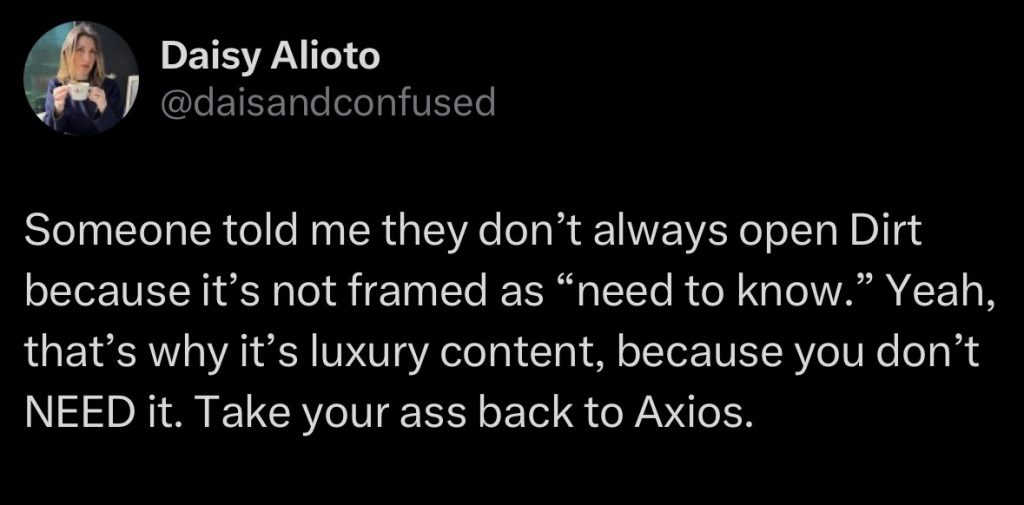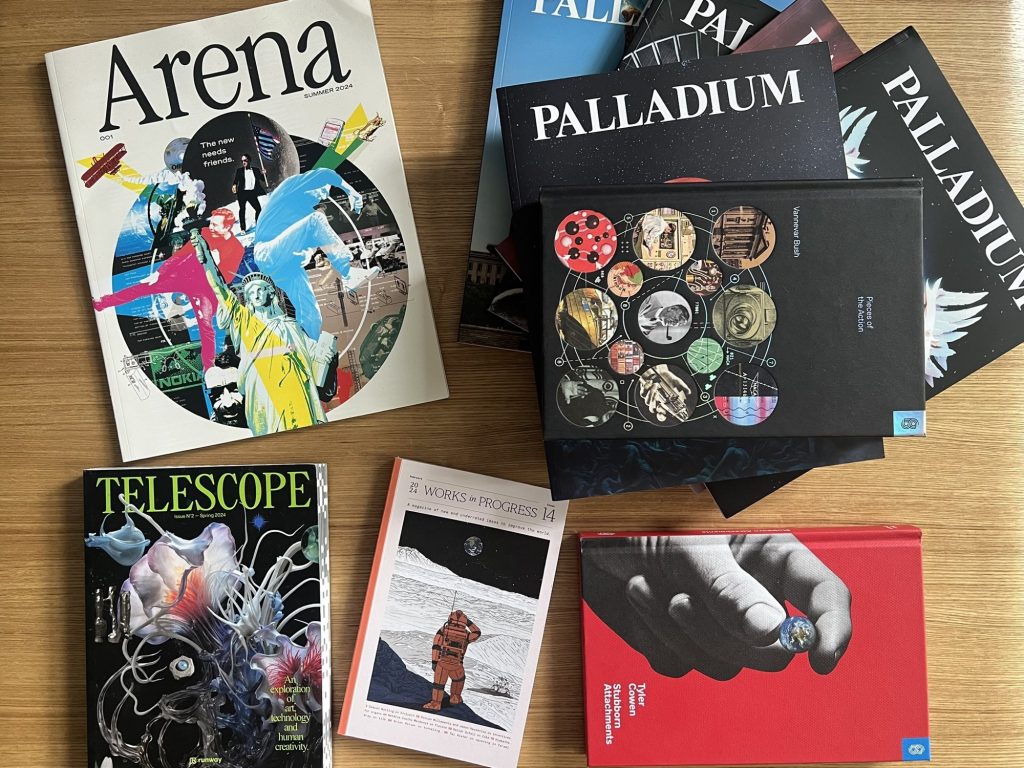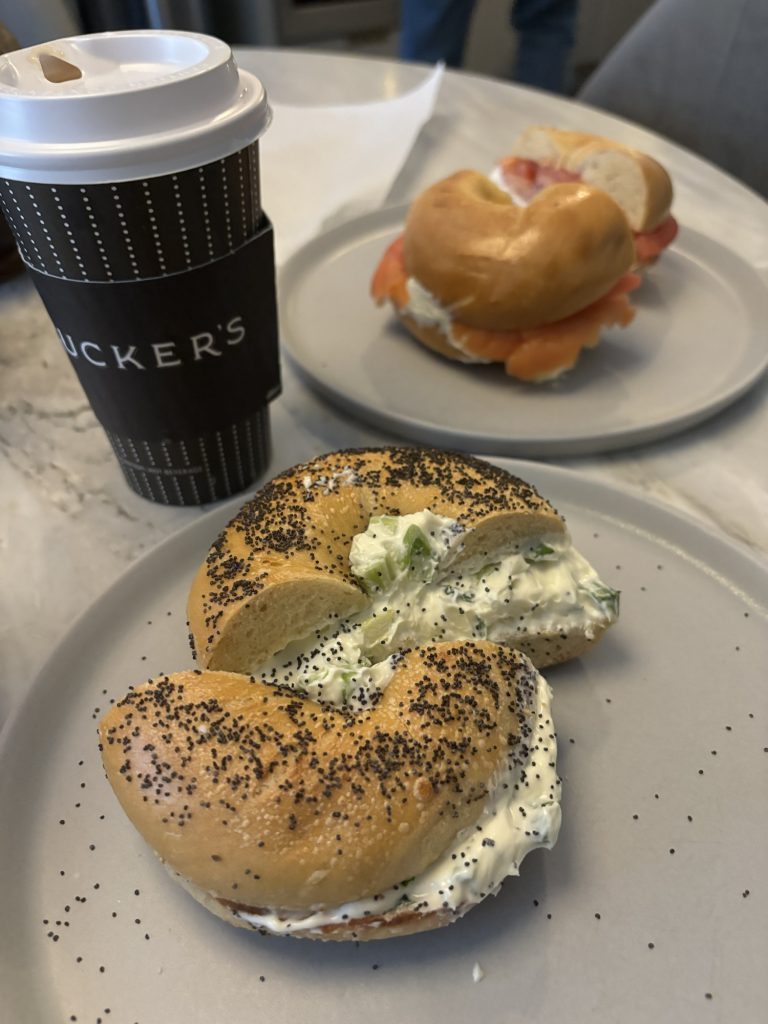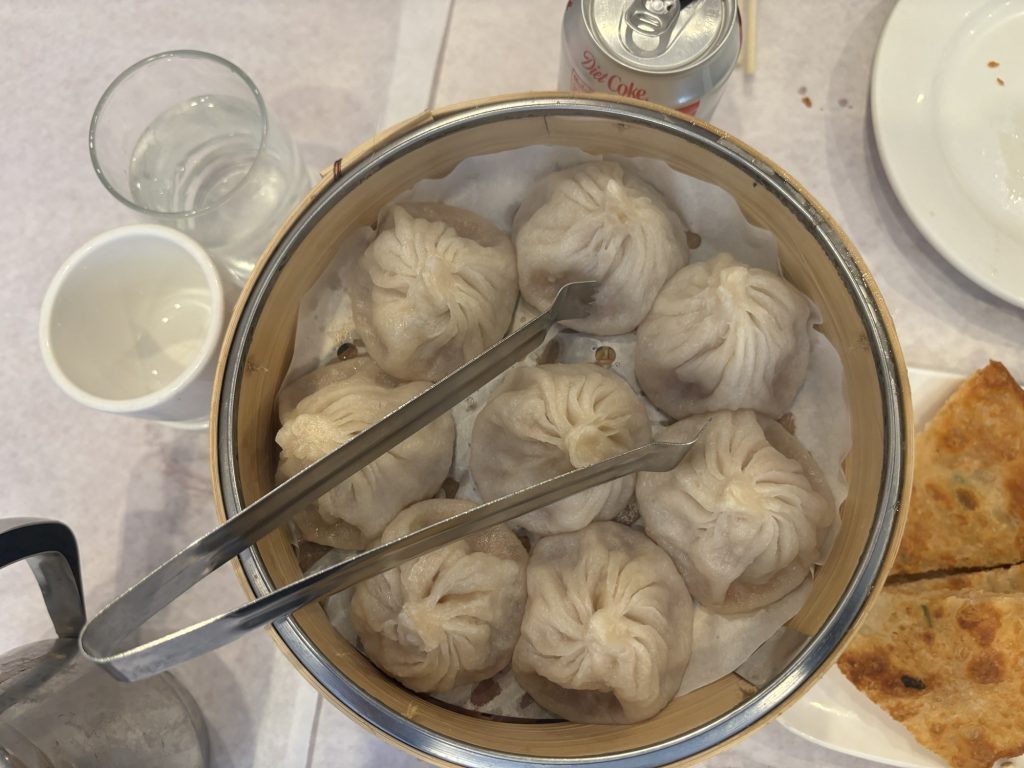Institutional trust in the media has reached a new low point for Americans. The news exists in a strange place for many of us as we must stay informed but it is no longer has quite the same halo of necessity when it comes to life and culture beyond the headlines.
Many of us read significant amounts of “need to know” publications for our professional lives. I myself read Bloomberg, the Financial Times, and The Wall Street Journal every day along with more specialized media like Axios Pro-Rata and various venture and startup specific media.
Culture is different. Wanting to be in touch with the ideas that shape a nation is a luxury you don’t need to be wealthy to enjoy. To engage in ideas is to have the means to enjoy a life of the mind. You must choose to spend your precious time on it. Time is the only luxury which can’t be bought.
Media is changing as news and cultural content diverge. We used to be awash in a sea of periodicals. As a child I’d bike to the Boulder library and read it all. Thats how I became a fan of the Economist. I loved culture magazines just as much. Some still retain their pride of place through institutional nostalgia like Vanity Fair and Vogue. But can the New York Times hold a grasp on culture like it used to do?
As we face down an election with clear cultural and political bifurcations, what does it mean to be a consumer of not simply news but the culture of the moment?
Dirt editor Daisy Alioto bitingly called it luxury content and sent the LinkedIn striving aspirants scattering.

To want a cultural publication like Dirt, and enjoy its view of the world, is to appreciate the premium we place on taste.
To be au courant means deciding where our time goes when it’s not an obligation. And I’m sorry to say to Condé Nast that their grip on culture looks more tenuous than ever.
Oliver Hsu tweeted this spread of new print periodicals dedicated to the culture of technology and economy.

Telescope, Arena, and Palladium are all pointing to new appetites. We want the luxury of futurism. To be caught only in the moment is to reveal a perhaps embarrassingly high time preference for algorithmically forced immediacy. “I want it now!”
Doom scrolling the news may be fun. Many billionaires spend time on Twitter because of its close proximity to sentiment. We all need to know the narratives catching attention.
But want do we want? Well who rather enjoy an essay from a writer who shows you the culture beyond your feed? Giving your attention to those who respect it will always be a luxury.




